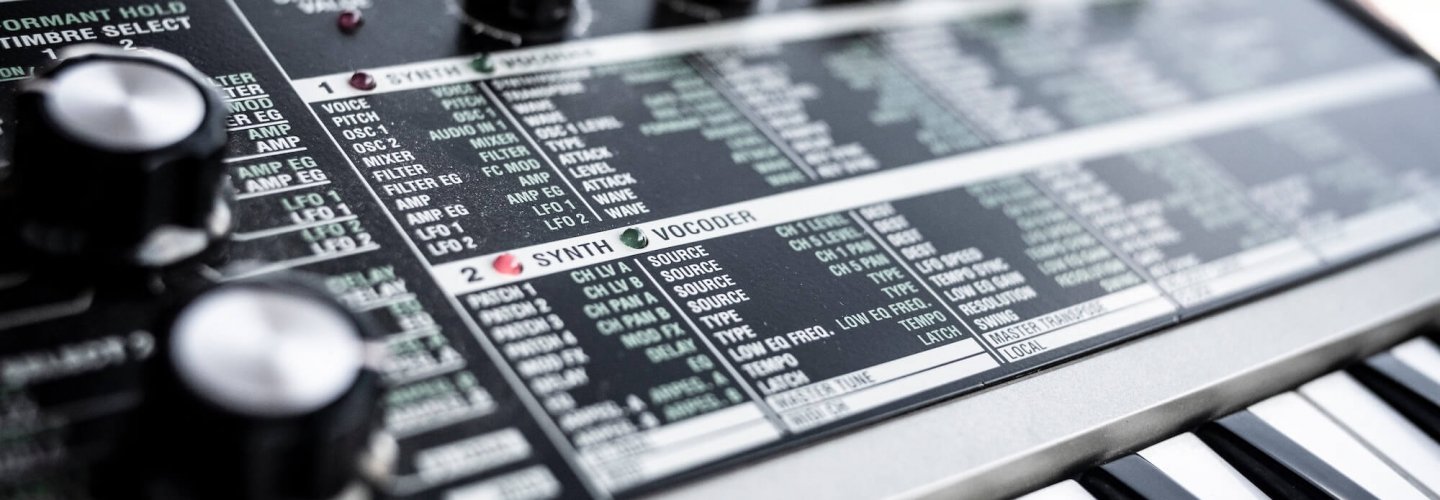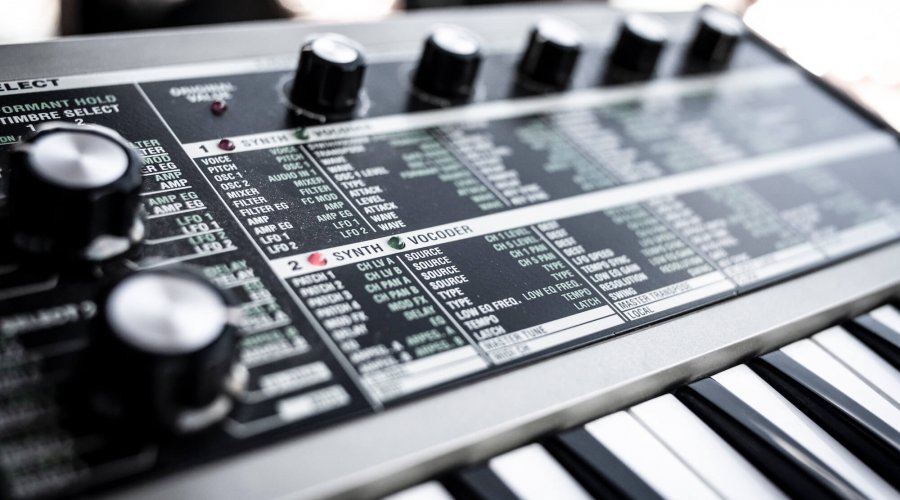In the next in our ‘An Interview With…’ series, we speak to Luke Jackson who releases music under the moniker of Brandon. He talks about how he began his journey in writing synthwave music and shares some tips for like-minded songwriters.
1. Tell us about how you started making music / how the band formed.
I spent four years at University writing predominantly ‘serious’ sounding music. I then became a freelance composer for visual media, again writing predominantly ‘serious’ sounding music. So, there was only so much ‘seriousness’ I could take without turning into one depressing individual. I needed contrast! When you combine this with my ever-increasing shameless love of good 80’s pop music and my discovery of the synthwave / retrowave scene, lo and behold Brandon was born! The music I write as Brandon is by no means the most complex of stuff, but I seriously love making it! And thankfully, some people like listening to it too, so that’s pretty cool right?
2. How important do you think music publishing is to emerging artists in today’s industry?
When you’re starting out as an emerging artist, nobody knows who you are, aside from maybe your partner, close friends and colleagues. Oh, and not forgetting Mum and Dad! Publishing opens up the door to your music potentially reaching the ears of many listeners. It allows you the possibility of leveraging other entertainment mediums, such as film and television, to promote your music and get it heard.
It is also the job of the publishing company to ensure that, if ever your music does get used in this way, you receive any and all income that you are owed. Not only does publishing help you get your music ‘out there’, having someone to deal with the business side of the music industry on your behalf frees you of any of the related stresses, meaning you can focus all your attention on making music.
3. What is the typical songwriting process for Brandon?
I really wish I could say something cool, deep and meaningful right now but truthfully I don’t really have a process. I’d say if anything the music of Brandon is often inspired by films, aspects of 80’s pop culture, and other music. With regards to the actual writing process, it can start with anything. Sometimes I’ll have a melody in my head, sometimes I’ll be trying to create some 80’s-esque synthesiser patches, or it may even start with me trying to create a cool snare drum sound. However, I’m always trying to create a sense of 80’s nostalgia in each of my tracks, thats the main aim! I always end up visualising some imagery in my head as I’m working on tracks though, which I guess comes from my love of films.
4. Describe a pivotal music moment for you in your favourite film, television show, brand partnership etc. Has this influenced any of your own compositions?
I think that the reason I’m even making this type of music at all is due to the huge increase in popularity that the synthwave / retrowave scene has seen in recent years. The reason I believe this has happened actually relates to the topic of music publishing coincidentally. With films such as Drive, The Guest and Kung Fury and TV shows like Stranger Things all including synthwave / retrowave music within their soundtracks, I think this has definitely helped the genre reach a much wider audience. Synthwave / retrowave music is a great way for media to reference the 1980’s without having to use music of that decade. This helps films and TV shows feel familiar, yet new at the same time.
5. Do you have any advice for aspiring songwriters?
The chances are that the music you make will surely appeal to someone else, the problem is finding your audience. I think that the best way to start is to find a community of like-minded musicians or fans within the genre that you write in, whether that community be online (Twitter, Facebook, SoundCloud etc), a local venue acoustic night, or a gigging circuit. Share your music with these people as they’re arguably the best people to receive feedback from. Providing the responses are generally positive and encouraging then hopefully this will inspire you to continue writing and putting out new music. Also, social media is a valuable tool for promoting yourself and engaging with your fans. Use it to your advantage, but don’t get carried away – nobody likes spam!

